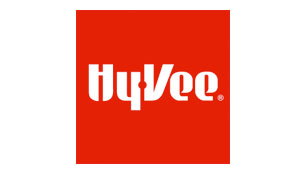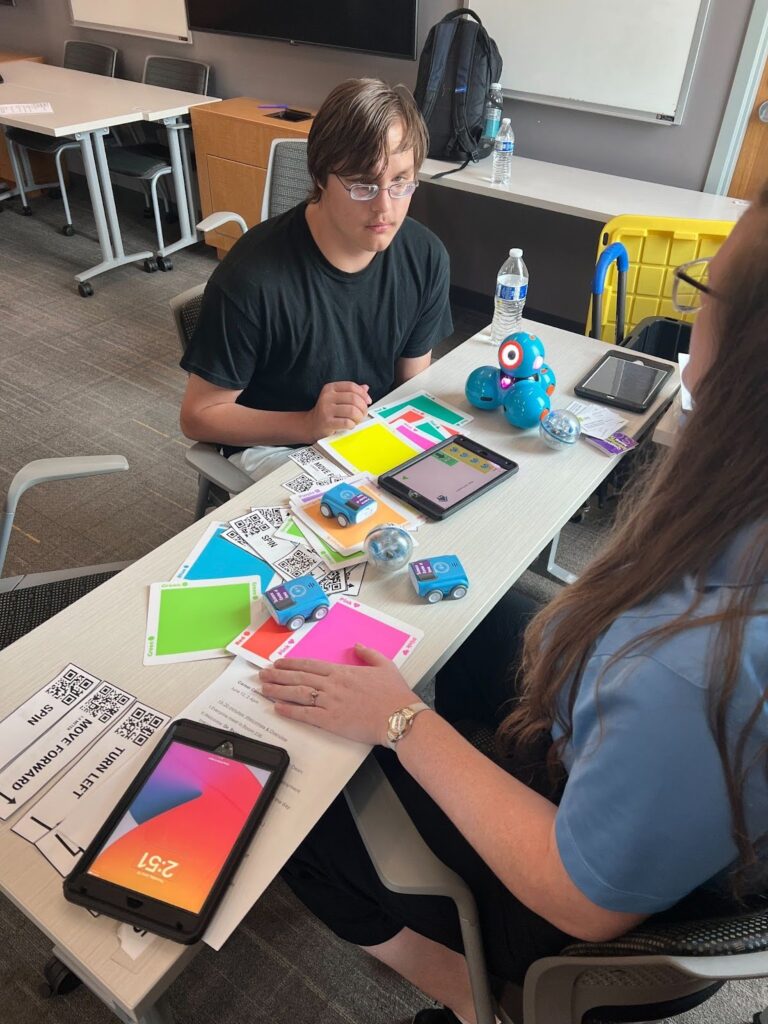Innovative Companies: Advanced Analytical Technologies Inc.
The problem, the innovation and how they did it

The problem:
Nucleic acids research by government agencies, the medical industry, private companies and colleges is often done with outdated methods that use manual data collection, which takes a lot of time.
The innovation:
Advanced Analytical Technologies Inc. developed the Fragment Analyzer, an analytical instrument that uses a technology called parallel capillary electrophoresis, developed and patented by professor Ed Yeung at Iowa State University, to separate either 12 or 96 DNA or RNA samples at a time, as opposed to just a single sample.
How they did it:
Forget the complicated scientific terms and technology that goes into Advanced Analytical’s Fragment Analyzer instrument.
It all comes down to time – and how users can save it, said Steve Siembieda, chief operating officer at Advanced Analytical. Almost universally, in the United States and elsewhere, he’s heard the same sentiment: People have less time than they used to in which to get everything done.
“Time is our critical factor, and if we can get time back to people, then it frees up their technical folks to see if they can do more important things,” Siembieda said. “So instead of spending a lot of time doing manual labor and time waiting for an experiment to finish, our instrument shortens that. They get the result; it allows them to be more efficient, get more done and potentially to publish their papers faster, and make better decisions on what they need to do.”
Saving time is the Fragment Analyzer’s selling point.
And so far, it has sold well.
Since hitting the market at the beginning of the year, the company has sold 97 of the instruments – which is more than halfway to its goal of selling 150 for the year.
The 50-employee company, which licensed technology from Iowa State University to focus on innovation to improve research processes, has increased its production capacity by more than 50 percent to accommodate demand for the product.
The Fragment Analyzer essentially allows researchers to collect data in a more automated way rather than manually. Siembieda compares it to driving a car rather than walking; the goal is to reach the destination, or collect the research, as quickly as possible.
The instrument, which sells for $36,000, is used for medical research, crop science improvements and testing for genetically related diseases, among other things.
The product was born out of work that Advanced Analytical was doing with the U.S. Department of Defense to develop a different kind of instrument that had some of the same features and benefits.
In 2010, the company decided to use the same type of technology to build a product that could be sold on the open market.
What makes the Fragment Analyzer better than competing products, Siembieda says, is the amount of research and customer feedback the company got while developing the product.
“We looked at the market, understood what the problems were, and redesigned our instrument to fit those, so that when we went to the market, we knew the messages we were going to talk about,” he said.
What’s your key to being innovative?
“On one hand, it’s the people. If you don’t have the people, you can’t be innovative. On the other hand, you need to be able to recognize the market needs, because you can develop things that the market doesn’t need. And you can develop things that the market does need. Both can be innovative, but one you can sell and one you can’t sell. Essentially it is having very good, smart, intelligent, forward-thinking people who can address and meet a market need in a way that hasn’t been met before.”











